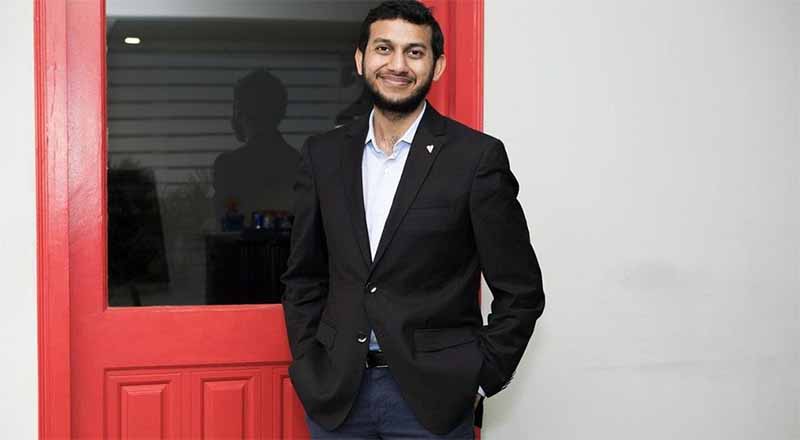Ritesh Agarwal aged 25, the founder and chief executive of Oyo Rooms, one of the country’s most popular unicorns , says the credit for the success of his startup should go to the business model and not the quantum of capital raised.Ritesh spoke about issues ranging from promoter buyback to his most powerful backer, Masayoshi Son, SoftBank’s chairperson.
We believe that as long as companies are investing to build a business that is sustainable, and investing in long-term future with a clear path of operating efficiency, value is there to be created. On a year-on-year basis, we are operating each of our buildings profitably, and our Ebitda (earnings before interest, taxes, depreciation and amortization) is improving by 50%. Even though we are a private firm, we issue annual reports online. For the last three years, we have been cutting our losses by 50%.
I started Oyo right out of my high school, with limited resources. I raised my first round of capital divesting double-digit ownership, while raising $40,000. Ever since, I have been thinking whether there is a way to double down on my belief in a company which is such an important part of my life. So, with that perspective, in the last few months I have been thinking about the transaction seriously. We have signed the binding documents. The first time I brought this up with investors, people thought I am not serious. I explained to them the rationale, and that it will help me feel more comfortable about the conviction I am demonstrating in the company. Although investors wanted to stay on board for longer, both Lightspeed and Sequoia showed faith and willingness to support my decision.
Our core competency is in three-fold: We are able to decide on acquiring real estate in real time—much quicker than others, share an offer with asset owners quickly; we renovate our assets quickly using data science, for example, we know what interior design gives us best increase in revenue; and we operate our assets efficiently, leveraging 14 Oyo institutes in India—90% of our revenue is repeat business or through word of mouth.
While asking on when OYO Room could be profitable, Ritesh says, we have been able to make margins, and those margins will improve as operating efficiency increases and lead to profitability. But do we have a guidance by when we will be profitable? We don’t really. But as a company, we believe, to the extent we are able to bring in assets, provide good quality service and make sure there is occupancy, we will eventually be profitable.





